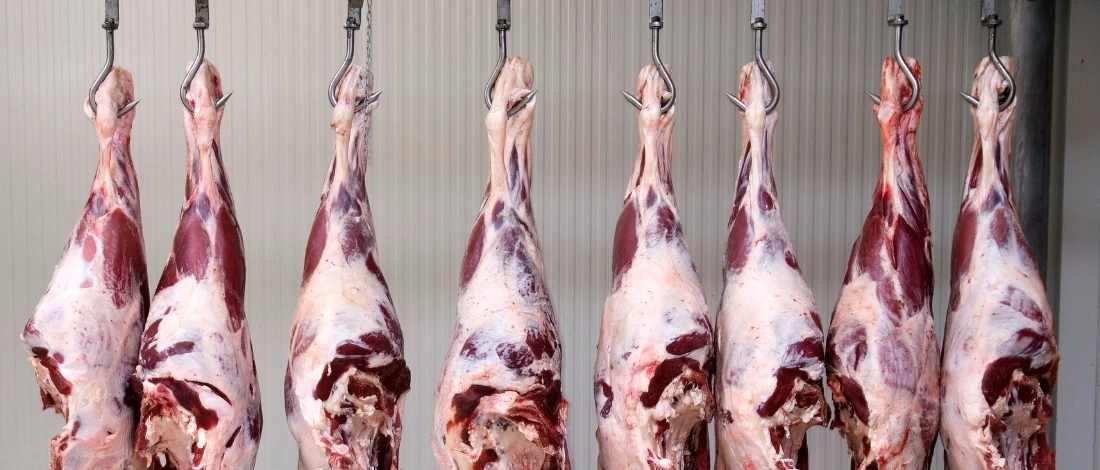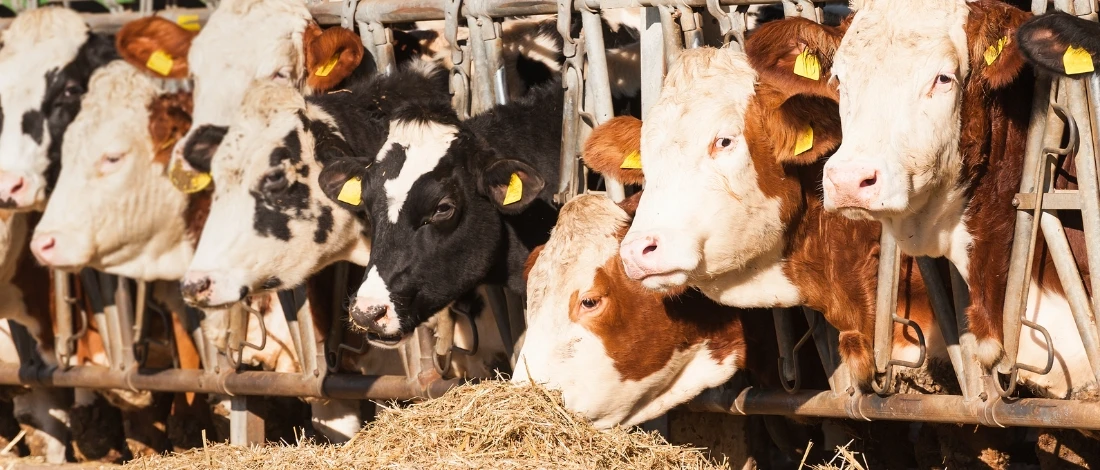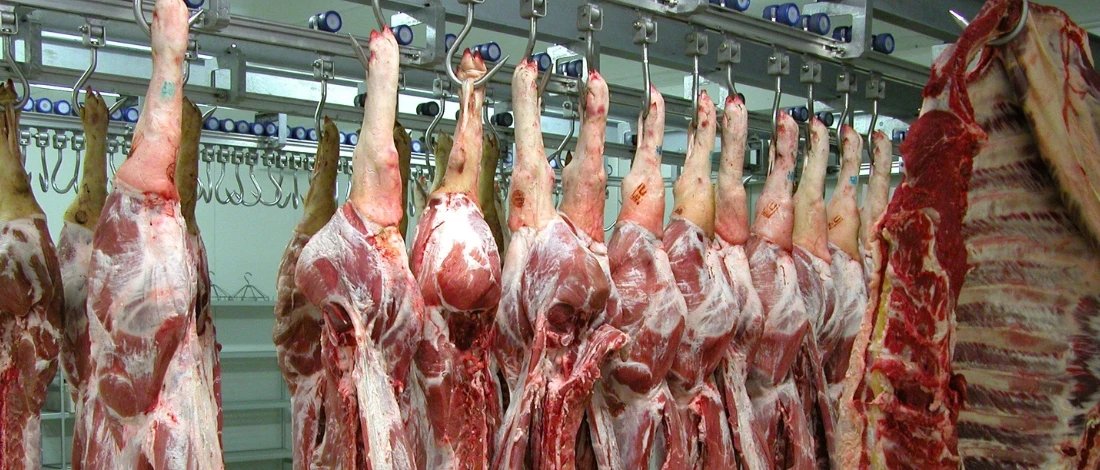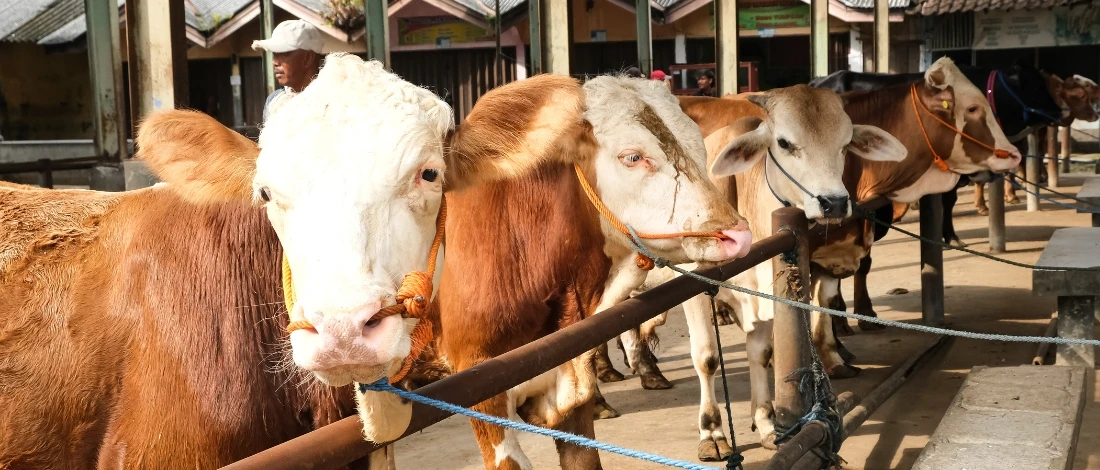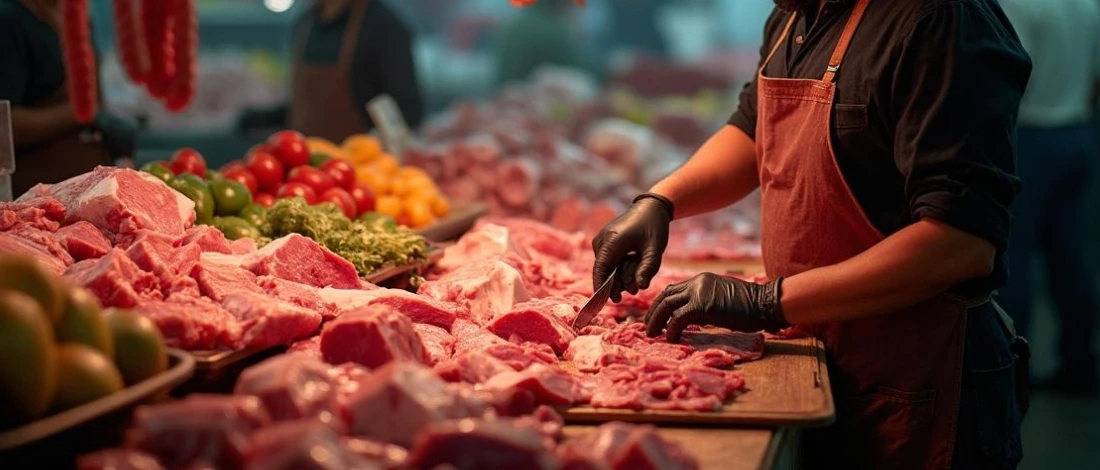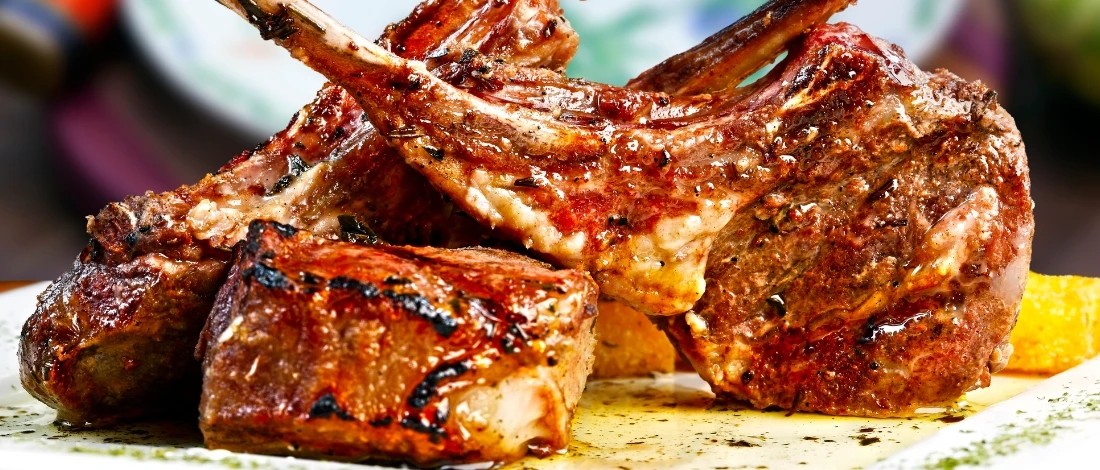Denver’s Potential Slaughterhouse Ban Could Impact U.S. Lamb Supply Chain and Local Economy
A proposal under Denver’s Ballot Measure 309 seeks to ban slaughterhouses within the city and county, a move that would shut down Superior Farms, the only slaughterhouse in Denver and a crucial facility in the U.S. lamb industry.
Superior Farms, located in the Globeville neighborhood, handles 15% to 20% of the nation’s lamb slaughter capacity, employing around 160 people and supporting a major portion of Colorado’s sheep industry.
Colorado, with its expansive rangelands, ranks as the third-largest sheep-producing state in the nation, after Texas and California.
The measure’s impact would extend beyond Colorado, potentially affecting the broader U.S. lamb supply chain.
Jennifer Martin, Associate Professor of Animal Sciences at Colorado State University, explained, “The closure of the Denver facility would require most of the sheep harvested there to instead be harvested in other states.”
However, she noted that due to increased costs and animal welfare concerns, producers may find it unfeasible to transport livestock out of state, forcing some to exit lamb production altogether.
This could cause a 2% reduction in national livestock production, which would increase dependence on lamb imports from Australia and New Zealand.
Superior Farms is unique among Colorado’s 120 meat-processing operations because it is inspected by the U.S. Department of Agriculture’s Food Safety and Inspection Service (FSIS), allowing it to sell meat products across the U.S. FSIS inspection.
As Martin points out, “ Superior Farms is the linchpin to profitability, sustainability and supply chain integrity” for producers with larger livestock numbers, as exempt facilities can only sell directly to the animal’s owner, limiting market access.
With the closure of Superior Farms, consumers across the U.S. would find it harder to access locally sourced Colorado lamb, including in East and West Coast cities.
Martin highlighted that “the success of the U.S. meat industry is interwoven in relationships with other meat-eating countries,” underscoring how Denver’s local decision could ripple out, affecting trade relationships and increasing the economic and operational challenges for U.S. sheep ranchers.
Want to understand the potential impacts of a slaughterhouse ban on Colorado’s economy? Check out our homepage for more on meat production and trade.

